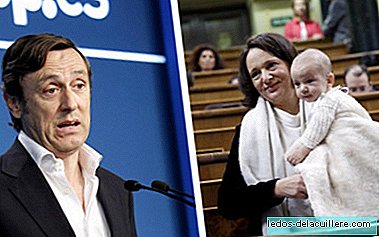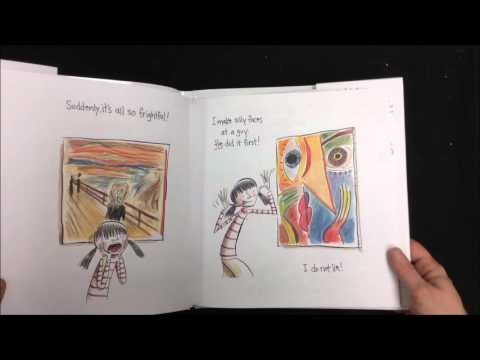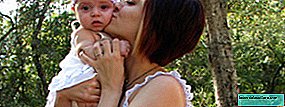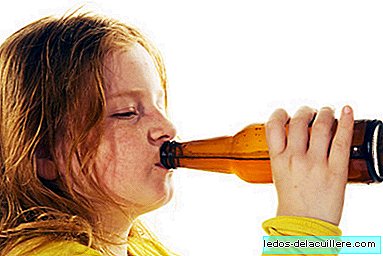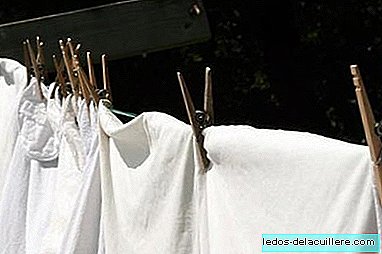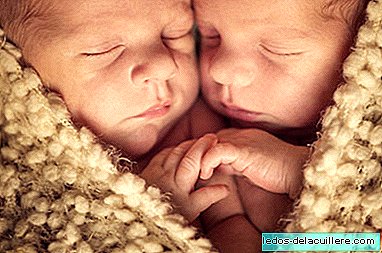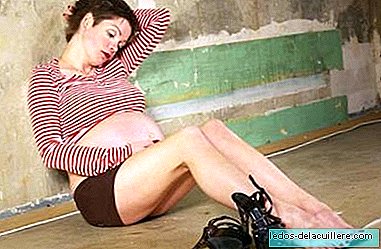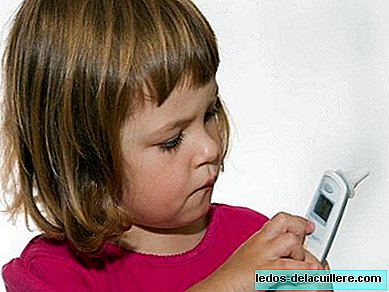
The Feverish convulsions they are a response of the brain to the existence of fever and usually occur in healthy children between six months and five years of age, being more common in children between 1 and 2 years. It is a very distressing situation for parents, so it is important that we know what should we do in case of crisis.
They usually occur during the first day of fever in viral infections derived from colds, ear infections or gastroenteritis. They are not only related to high fever, it can appear in temperatures from 38º C.
The child abruptly loses consciousness, becomes stiff and his body begins to shake (all or some parts), or becomes completely limp, or one followed by the other. His mouth turns purple, with a stiff jaw, as if fitted, and a lost look. The picture is really desperate. Its duration can vary from second to minutes, generally less than five minutes, but of course they become eternal. At the end of the seizure the child is exhausted and sleepy.
What should we do before a febrile seizure
- Place the child lying on his side on his side so he can breathe better and away from objects that he can hit.
- Do not try to put anything in your mouth, or try to stick out your tongue.
- Do not try to stop the movements of the seizure.
- Try to lower the fever with warm cloths or by passing a sponge with warm water on the front and neck.
- It is difficult, but you have to try to remain calm and do the right thing until the seizure has passed.
- When the seizure has passed, you can be given the usual antithermic and you should go to the health center or the nearest hospital. It is important that you tell the episode in great detail so that the doctor can evaluate it.
After the seizure the child will be the same as before. However, if the seizure is repeated, the child is decayed, very irritable, complains of severe headache or vomits, it is necessary to go back to the emergency room.
Although it can be repeated, 1 in 3 children repeats after the first episode, febrile seizures leave no sequelae and in most cases no special study is necessary.




